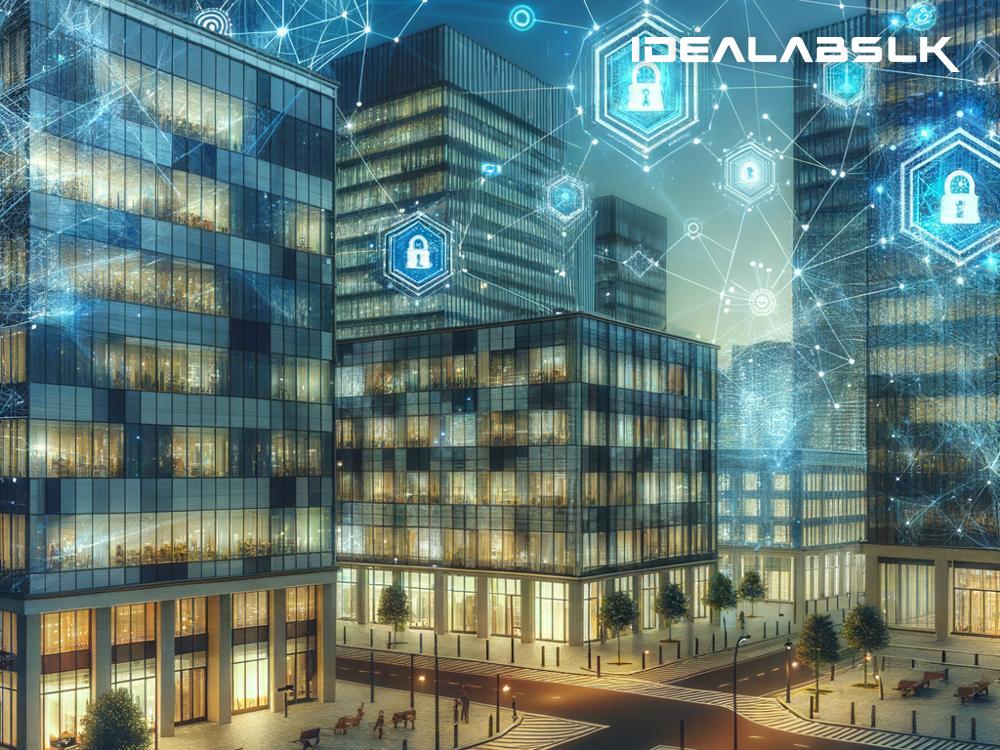How Blockchain is Revolutionizing Real Estate Leasing
In the modern world, technology is reshaping how we do pretty much everything, and the real estate industry is not being left behind. Particularly, blockchain technology – often associated with cryptocurrencies like Bitcoin – is now showing its potential to revolutionize real estate leasing. But how, you might ask? Let's break it down in simple English.
Understanding Blockchain
First things first: what is blockchain? Imagine it as a digital ledger or record book that's distributed across several computers. This ledger securely records transactions, creating a chain of blocks (hence the name). Each block is like a page in this digital record book, and once a block is filled with transactions, a new block is created and linked to the previous one. This makes tampering with records extremely difficult, if not impossible, without everyone noticing.
The Traditional Real Estate Leasing Process
Traditionally, leasing real estate involves a lot of paperwork, third parties like agents and lawyers, and a considerable amount of time. From searching for the right property to signing the lease, the process is often cumbersome and filled with inefficiencies such as fraud risks, errors in public records, and slow processing of transactions.
Introducing Blockchain to Real Estate Leasing
This is where blockchain comes riding in like a knight in shining armor. Blockchain technology promises to simplify and secure the leasing process in several revolutionary ways. Let's explore how:
-
Smart Contracts: These are self-executing contracts where the terms of agreement between buyer and seller are directly written into code. In real estate leasing, smart contracts can automate many processes, such as verifying if conditions of the lease are met and then automatically transferring payments or notifying parties of obligations. This reduces the need for intermediaries, saving time and money.
-
Transparency and Security: Since blockchain's ledger is distributed and immutable, it significantly lessens the chances of fraud. Each transaction, including property details, lease terms, and payment history, can be securely and transparently recorded. This reduces disputes and builds trust among parties.
-
Speed and Efficiency: Blockchain can dramatically speed up transactions by eliminating the bureaucratic layers of the traditional leasing process. For instance, verifying property ownership, checking tenant backgrounds, and signing contracts can be done in a fraction of the time it used to take.
-
Tokenization of Property: Imagine being able to split the ownership of a property into tokens that can be bought and sold. This concept, known as tokenization, can open up real estate investment to a broader audience by lowering entry barriers and providing liquidity to what is typically considered an illiquid asset class.
What Does This Mean for You?
For tenants, blockchain could mean a faster, cheaper, and more transparent leasing process with less paperwork and waiting time. For landlords and property owners, it offers a secure, efficient way to manage properties, collect rent, and maintain records. And for the overall real estate market, it means a potential shift towards more democratized and accessible investment opportunities.
Potential Challenges and the Road Ahead
While the benefits are compelling, the adoption of blockchain in real estate leasing is not without challenges. Technical, regulatory, and adoption hurdles exist. For one, there's the need for a robust technical infrastructure that can handle real estate processes on the blockchain. Then there are legal and regulatory questions about how smart contracts fit into existing property law frameworks. Lastly, widespread adoption requires buy-in from a critical mass of real estate professionals, governments, and consumers.
Despite these challenges, the momentum behind blockchain in real estate is strong and growing. Startups and established companies are exploring blockchain solutions, and some governments are even piloting blockchain for land registries.
Conclusion
Blockchain's impact on real estate leasing is potentially transformative, offering a more secure, transparent, and efficient way to lease property. While there are hurdles to overcome, the foundation is being laid for a future where blockchain technology could become a cornerstone of real estate transactions. For an industry traditionally resistant to change, this represents an exciting step forward into the digital age.

